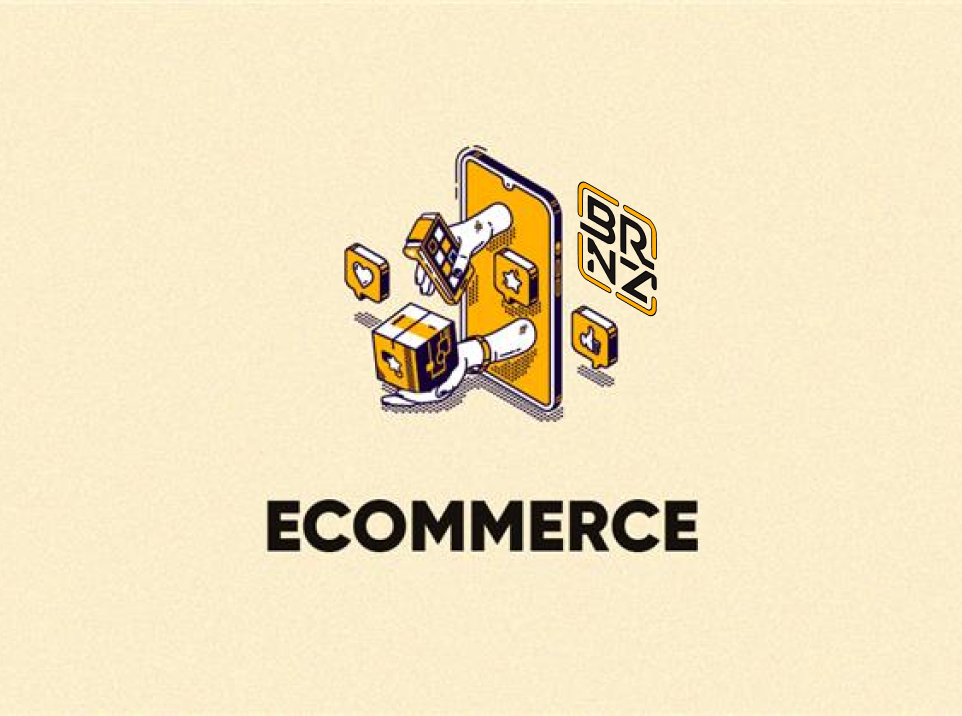The race for the future of technology just got more intense. Fetch.ai, a leading crypto AI company, has dropped a massive $10 million accelerator program, aiming to empower startups innovating in AI agents, quantum computing, and high-performance tech. On the surface, this looks like the leap the AI sector has been waiting for. But is it the beginning of a groundbreaking revolution or the prelude to a speculative bubble?
Here’s everything you need to know—and why this moment could change everything.
The $10M Bet on the Future
Fetch.ai’s accelerator isn’t just a funding pool; it’s a global innovation hub with operations spanning San Francisco, London, and India. It promises startups not just cash, but access to its proprietary AI agent technology, mentorship, and connections to investors and industry leaders.
According to Humayun Sheikh, CEO of Fetch.ai, AI agents will do more than evolve software—they’ll become the backbone of task execution and workflow automation across industries. Imagine APIs as static tools of the past, replaced by dynamic AI agents capable of adapting, learning, and solving problems autonomously. This is the future Fetch.ai is betting $10M on.

Source: Ocean Protocol
Why AI Agents Matter
Traditionally, software relies on APIs to integrate functions. AI agents, as Sheikh describes, will replace APIs by acting as “cognitive orchestrators.” They won’t just relay information—they’ll act, adapt, and manage complex workflows in real-time. These agents could become the digital workforce of tomorrow, transforming how businesses operate.
Fetch.ai’s vision isn’t just theoretical. Their partnership with MIT’s Web.lab and their proprietary technologies are designed to bridge the gap between cutting-edge research and practical applications.
From managing decentralized networks to optimizing industrial operations, AI agents promise unprecedented levels of efficiency and scalability. But here’s the kicker: this isn’t happening in a vacuum.
The Bigger Picture: The ASI Alliance
Fetch.ai’s efforts are bolstered by the ASI Alliance, a collaboration with Ocean Protocol and SingularityNET to accelerate decentralized AI adoption. Together, they’re building infrastructure to make AI agents the intermediary layer between models, end-users, and businesses. The potential applications range from autonomous supply chains to decentralized marketplaces.
But critics aren’t convinced.
Hype vs. Reality: A Bubble Brewing?
Not everyone sees Fetch.ai’s $10M accelerator as a revolution. Some in the Web3 and Solana ecosystems warn that AI agents are becoming overhyped. The sudden explosion of AI agent tokens flooding social media has raised eyebrows, with founders like Condz from Acolyte AI cautioning that most of these projects are scams or will fail to deliver.
The pattern feels eerily familiar—echoing the ICO craze of 2017 or the GameFi hype cycle. For every groundbreaking innovation, there are a dozen cash grabs. The question is: where does Fetch.ai stand in this spectrum?

Fetch.ai agent infrastructure. Source: Fetch.ai
Why This Matters to You
This isn’t just about technology—it’s about how the next wave of startups will be built and funded. Fetch.ai’s accelerator is targeting industries that touch all of us: healthcare, finance, logistics, and beyond. If AI agents deliver on their promise, we could witness a paradigm shift in how humans interact with machines and data.
But here’s the anxiety-inducing part: the same potential that excites us is what makes the AI agent narrative vulnerable to exploitation. The opportunity is massive, but so is the risk.
Will Fetch.ai’s accelerator spark the rise of the next Google or Apple of AI agents? Or will it become a cautionary tale of over-ambition and speculation?
What’s Next?
Fetch.ai’s accelerator has already begun its mission, offering startups year-round programs, innovation competitions, and access to its agent-based technologies. These initiatives could redefine industries—or become a proving ground for the sustainability of the AI agent narrative.
Are you ready to bet on AI agents reshaping our future? Or are you bracing for another tech bubble to burst? Either way, 2025 just got a lot more interesting.
Let’s hear your thoughts: Are AI agents the future or just another overhyped trend?



